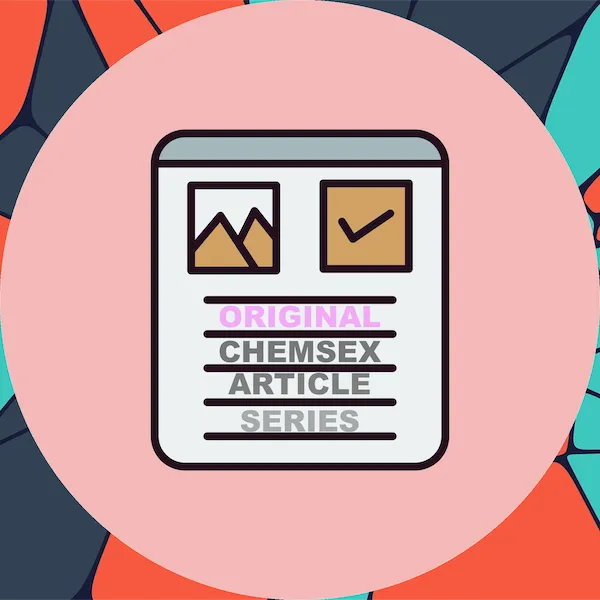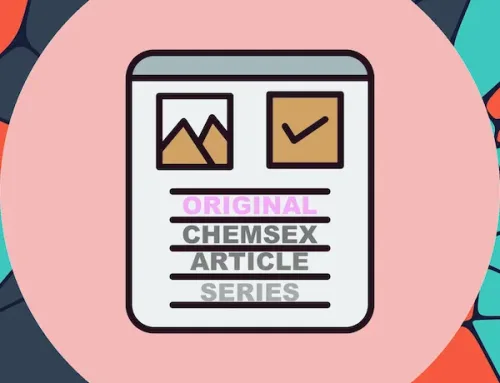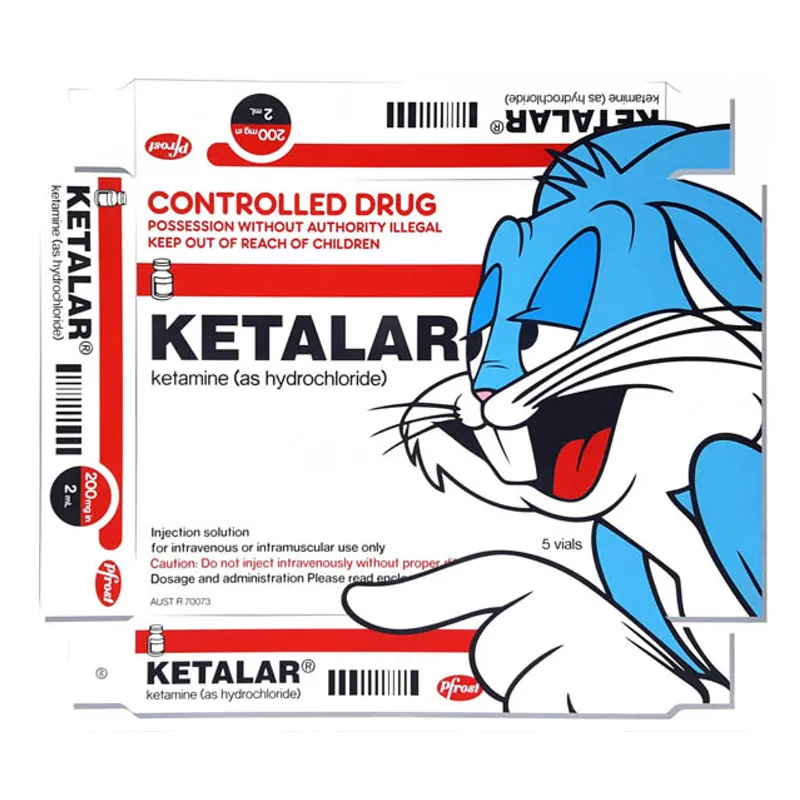Chemsex and peer pressure
Chemsex is a colloquial term used to describe a type of sexual activity in which drugs such as crystal meth, mephedrone, GHB/GBL and ketamine are used, usually in combination with sex. Chemsex is especially popular among gay and bisexual men, but it has also been reported to occur among heterosexual people. The drugs used can produce a strong sense of euphoria and lead to extended periods of pleasure-seeking activities.
The reasons for engaging in chemsex vary, but often peer pressure plays a role. People may feel pressure from their peers to participate in chemsex as a way of fitting in or as a way of demonstrating loyalty or commitment to a friendship group. For people who identify as LGBTQ, it can be especially difficult to resist peer pressure to engage in chemsex due to the fear of being excluded from their community.
Although chemsex is often perceived as a safe and enjoyable activity, it can have serious and long-term consequences. The drugs used can cause impairments in judgment, decision-making and coordination, which can lead to risky sexual behaviors and an increased risk of sexually transmitted infections (STIs). Additionally, regular use of these drugs can lead to physical and psychological dependence, which can result in serious health complications.
Given the potentially dangerous consequences of chemsex, it is important for people to be aware of the potential risks of engaging in this activity and to be mindful of the pressure they may feel to participate. It is also important to remember that it is okay to say ‘no’ to participating in chemsex and that it is possible to have a rewarding sex life without drugs.
Meta






